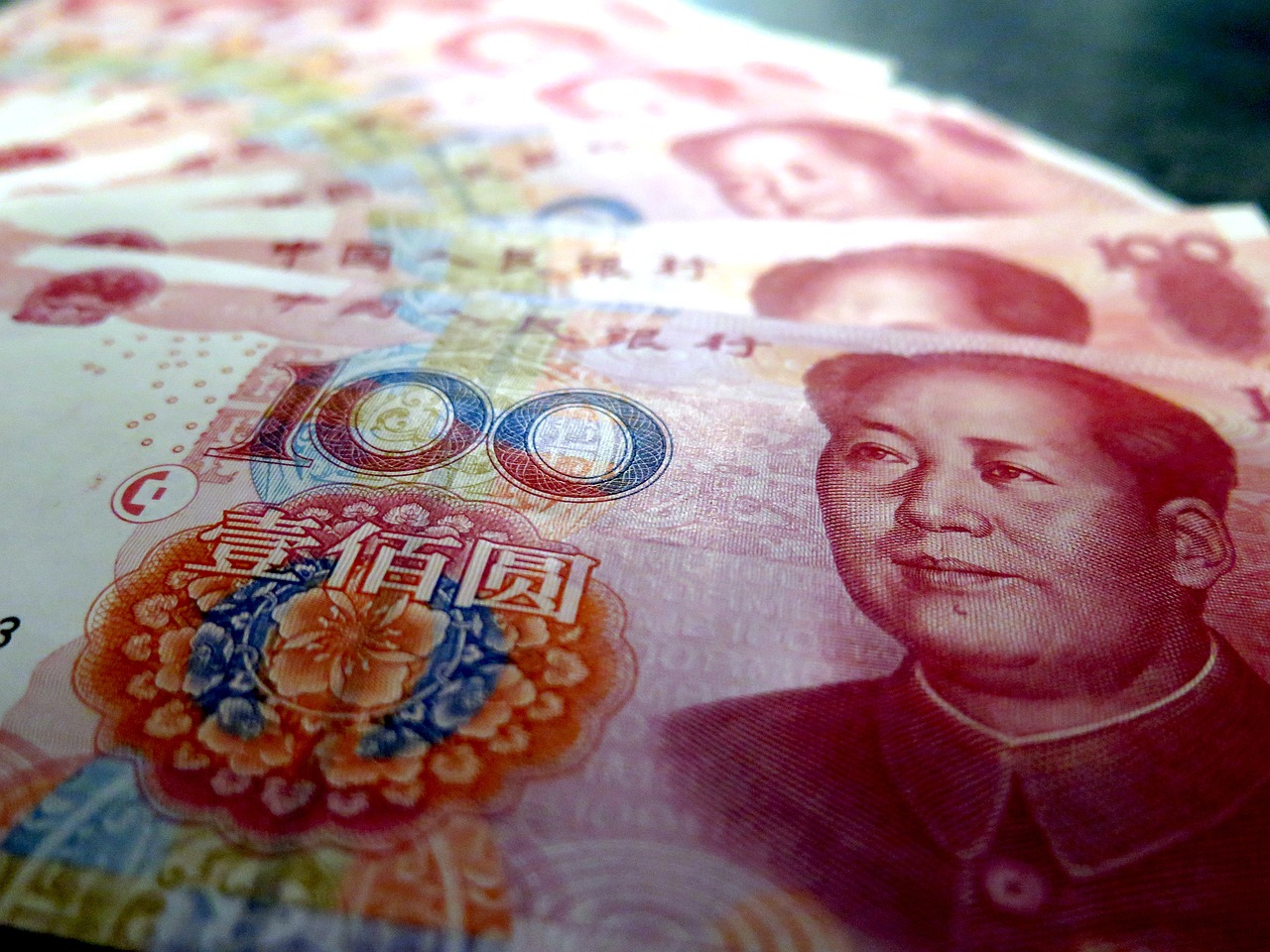China’s economic recovery from Covid 19 is slowing as President Xi Jinping’s administration tightens controls on rising debt.
 China Reduces Construction Activity to Reduce Debt
China Reduces Construction Activity to Reduce Debt
The main driver of China’s economic expansion right from the start was a flurry of building construction that began in the late 19th century. The government loaned money to build new residences, skyscrapers, retail malls, bridges, and train tracks around the country.
However, when the Covid 19 struck last year, China recovered faster than many elite countries, including the U.S., Japan, and Europe, but the recovery was short-lived as loans piled up.
The Communist Party, which is currently in power, has always recommended constructing an economy on the spending of millions of residents rather than on the government’s construction of industries and houses. To encourage growth, however, the government has always had to rely on the latter, even with loans.
Due to a large amount of debt outstanding, Xi’s administration looks to be ready to endure a politically difficult slowdown to control the debt and accomplish the longer-term aim of self-sustaining, stable development. This is accomplished via the use of a real estate business that employs millions of people.
This is causing ripple effects across the economy. As housing sales and development slow, businesses and individuals are concerned. This is putting a damper on vehicle and retail sales. It may have worldwide ramifications as China purchases less steel and other building materials.
Due to the collapse of the building sector, the economy grew just 4.9 percent year over year in the three months ended in September, substantially less than the previous quarter’s 7.9 percent growth. When compared to the previous quarter – the way other major economies are evaluated – growth in the three months ending in September fell to 0.2 percent, one of the worst in the past decade.
Forecasters predict the economy will suffer more if Beijing does not loosen up because consumers who are hesitant to spend will not be able to fill the void created by weaker investments.
 China’s Manufacturing Industry Has Also Been Affected
China’s Manufacturing Industry Has Also Been Affected
Meanwhile, the economy is being hampered by electricity rationing, which has been enforced in major manufacturing districts to reach government efficiency targets. Processor chip shortages have caused problems for automakers and other businesses.
Automobile sales in China fell 16.5 percent in September compared to the same month last year, according to the China Association of Automobile Manufacturers.
Buyers are concerned about the epidemic and the economy, according to Chu Xianwu, who sells Jeeps at Shandong Xinju Auto Trading Co. in Jinan, China’s easternmost city. He stated that sales were down 20% from six months earlier.
If the current trend continues, the yuan will most likely steadily fall and will take some time to recover.
Note: Forexschoolonline.com is not a financial advisor. Do your research before investing your funds in any financial asset or presented product or event. We are not responsible for your investing results.


Leave a Reply